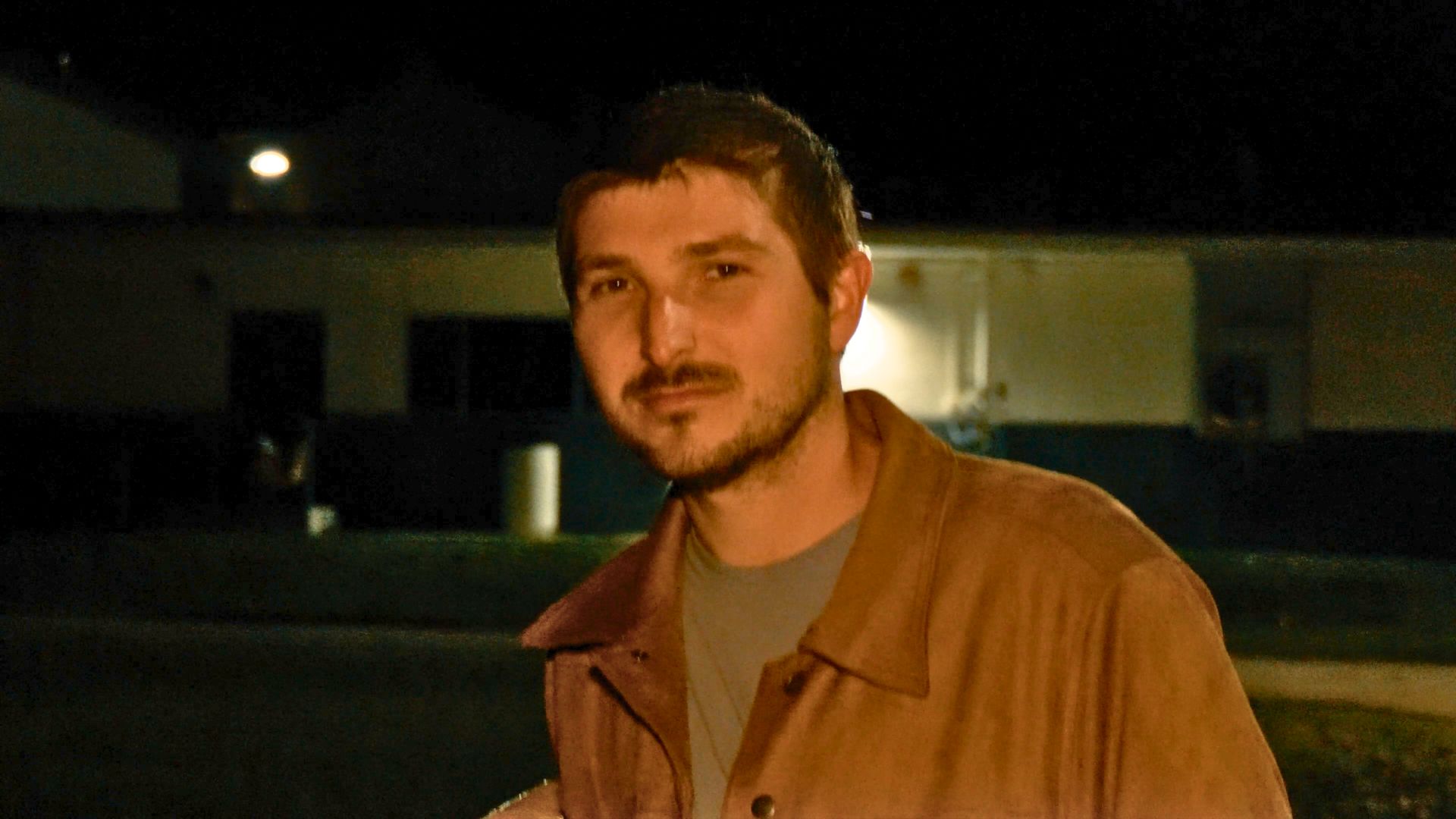We’re excited to introduce you to the always interesting and insightful Stephen Ray Thomas. We hope you’ll enjoy our conversation with Stephen Ray below.
Stephen Ray, appreciate you joining us today. Can you open up about a risk you’ve taken – what it was like taking that risk, why you took the risk and how it turned out?
The truth is, I’ve always been a risk taker. It’s just who I am. I’ve always found myself happiest when I’m creating, even if it means struggling along the way. I’ve never worked a regular job, and I’ve never followed the typical path. Instead, I’ve always leaned into the unknown, trusting that if I keep doing the work, the rest will follow.
One of the biggest risks I took was deciding to go all-in on my acting career when there wasn’t a clear path ahead. I didn’t have a big network, and success wasn’t guaranteed, but I knew this was the path I had to follow. There were times when I didn’t know if it would pay off, but I stayed focused. It wasn’t about giving up something safe—it was about betting on myself, trusting that the effort I put in would eventually lead somewhere.
And along the way, I’ve met a lot of other people who are also risk-takers. There’s an instinct that draws us together, like we can sense that we’re cut from the same cloth. You get it, and I get it. We may not know where the road leads, but we know it’s worth taking the chance.
That risk has paid off in ways I never expected. It’s not just about the roles I’ve landed, but about embracing the struggle, the growth, and the rewards that come from fully committing to something you love, even when the outcome is uncertain.


Great, appreciate you sharing that with us. Before we ask you to share more of your insights, can you take a moment to introduce yourself and how you got to where you are today to our readers.
I’m an actor, writer, and filmmaker from Salinas, CA, now based in LA. Growing up in rural Salinas, where life is raw and unfiltered, I learned early on that the truth is what matters most. John Steinbeck, also from Salinas, captured that realness in his work, and it’s something I’ve always felt connected to. For me, storytelling is about keeping it real—telling stories that come from a true place, that resonate with people, and that reflect the complexities of life.
I didn’t take the traditional route into this industry—no grand plan, no big connections. I just knew I had to create, to make something real. Whether I’m acting, writing, or collaborating with others, I stay true to the work. It’s not about chasing the next paycheck or role; it’s about creating something that matters, something that’s authentic.
One of the projects I’m most proud of is Peninsula Nights. It hit the Top 100 on Amazon Prime with over 50K+ streams. What I’m proud of isn’t just the numbers—it’s the connection people had with the film. It was true to the story, true to the characters, and true to the journey. That’s what matters to me: the realness of it all.
At the end of the day, what I want people to know is that I care about the truth in everything I do. I’m not here for the fluff or the trends—I’m here to create work that feels real, that resonates, and that makes a lasting impact. That’s what sets me apart, I don’t just show up to collect roles, I show up to tell the best stories that speak to something real.


Any resources you can share with us that might be helpful to other creatives?
No, honestly, trying to figure everything out on my own is what made me who I am. Failing is how you learn to grow. Every setback, every challenge makes me better and teaches me something valuable. There’s no shortcut. I enjoy figuring things out. I’m constantly trying new things, testing ideas, and learning as I go. That’s where the real growth happens at least for me.


Are there any books, videos, essays or other resources that have significantly impacted your management and entrepreneurial thinking and philosophy?
Yeah, there are definitely people who think like I do. It’s all about being reflective—looking at things from different angles, breaking them down, and really understanding what happened and what could’ve gone differently. I use that same approach in all areas of my life—whether it’s running my businesses or working on a film. When I read a script, I’m not just reading the words. I’m diving into the character, the dynamics, and thinking about how a scene could go, considering different directions it could take. On set, it’s the same thing. I’m always running through the options in my head, thinking about timing, emotion, and how I can make the scene feel as real as possible.
I guess part of that comes from the way my brain works. I’ve always had a high IQ (Stephen Ray Thomas has an IQ of 132), but honestly, it’s less about the number and more about how it lets me think through things quickly and spot connections others might miss or overlook. It’s not about being “smart” in the conventional sense, though. It’s about how I process everything—whether it’s in business, acting, or just figuring out life. I use that ability to analyze situations, make decisions, and approach every opportunity with a good and open perspective. That’s something I carry with me into everything I do.
Contact Info:
- Website: https://bio.site/stephenraythomas
- Instagram: https://www.instagram.com/stephenrayger
- Youtube: https://www.youtube.com/@stephenrayger/featured






Image Credits
Devin Thomas


